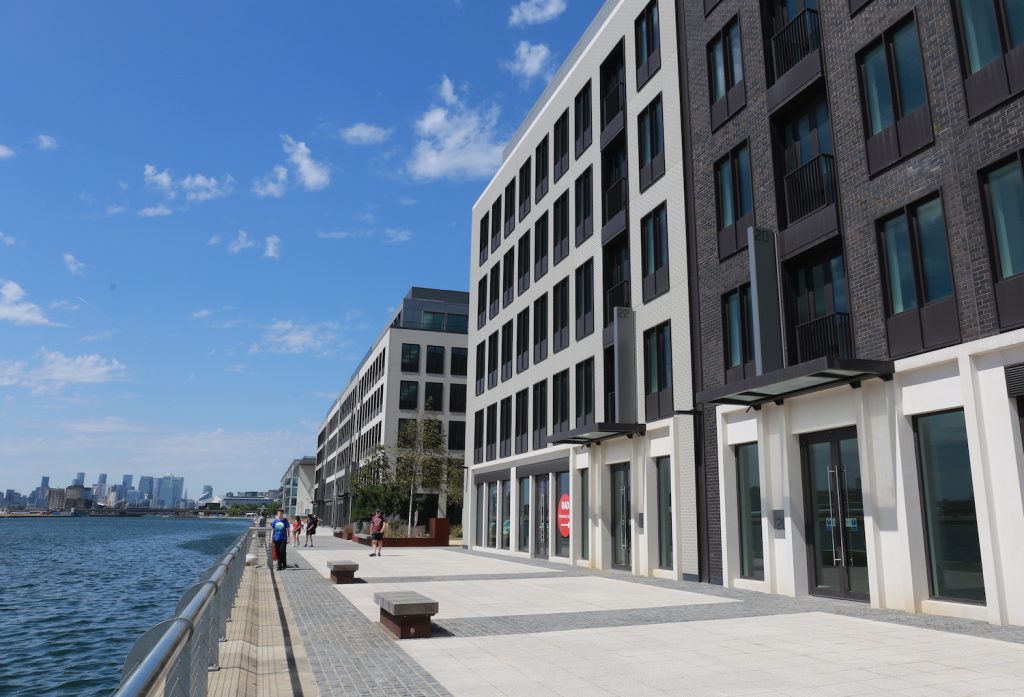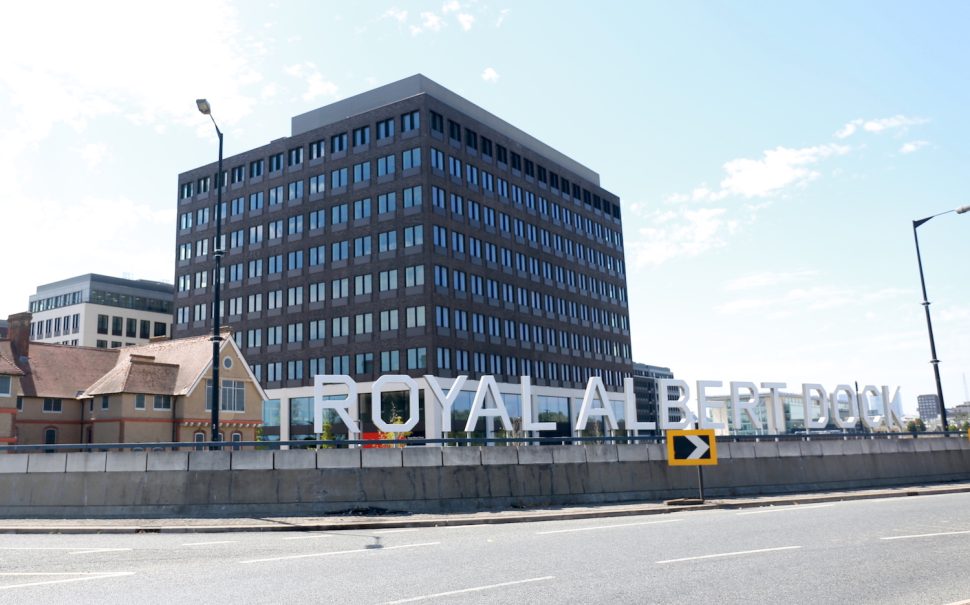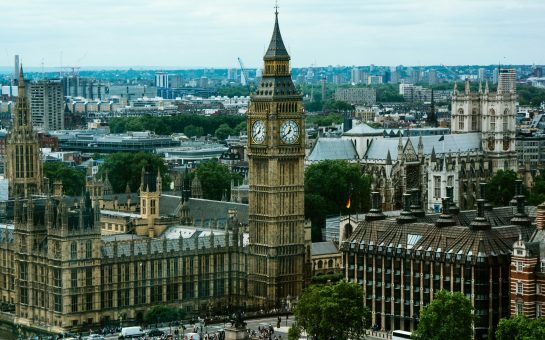The Royal Albert Dock in east London has turned into a ghost town as the developer has no money to complete its decade-long redevelopment plan.
ABP Investment Ltd, a unit of the Beijing-based property developer ABP Group, originally planned to spend more than £1billion to transform the Royal Docks into London’s next business district by 2023, but has now gone bankrupt.
In a report, the London Assembly’s Greater London Authority (GLA) Oversight Committee called on the Mayor of London to ensure all future development projects are realistic, deliverable and avoid single-tender situations.
Caroline Pidgeon, a Liberal Democrat London Assembly member who served as Chair of the GLA Oversight Committee during the writing of the report, said: “The GLA needs to be looking into the criteria and the ambition for the site.

“You don’t want to be in a position that you only got one tender. What’s the background of the bidder? Does it stack up?
“You should weigh different aspects such as the financial viability and all the other things.
“I don’t know how these were weighted in this context in the Royal Dock project.”
The project kicked off after Boris Johnson, then Mayor of London, signed an agreement on behalf of the GLA in May 2013 with ABP London, which planned to provide 4.7 million square feet of office, retail and residential spaces at the Royal Docks in Newham within a decade.
At the time, Johnson said the project would bring in £6billion worth of investment from Chinese and Asian companies, and create 20,000 jobs in London.
Chinese President Xi Jinping and David Cameron attended a ceremony in London when China’s CITIC Construction was signed to become the general contractor of the Royal Dock project in October 2015.
However, after ABP completed construction of a gross floor area of 460,000 square feet across 21 buildings at the site in 2019 it failed to carry on, leaving most of the completed office and retail spaces vacant.
The GLA issued a termination notice to Dauphin Holdings Group, ABP’s guarantor, for the Royal Dock project in March this year, meaning that the undeveloped land of the project would then return to the GLA.
ABP Chairman Xu Weiping told the media earlier this year that it had faced financial difficulty as its businesses were heavily struck by the pandemic.
In fact, Xu admitted in late 2013 that he did not have the money for the project.
Pidgeon said she was not convinced that the failure of the Royal Docks project was due to the perfect storm of the pandemic.
She said: “Even if there was only one bidder during the tendering process, more viability studies should have been done.
“Those who lead on this for the GLA Group need to think about it long and hard to make sure that we learned lessons.
“We should not be in a position where a strategic site like this is not just being progressed.”

In an investigative report in November 2014 Channel 4 raised concerns about the tendering process of the project and ABP’s human rights records in China.
At a later stage in the procurement process in 2012/13, the GLA brought in an early development criteria, which made ABP the sole tender with two others being dropped, according to a GLA internal audit report.
However, both the GLA audit team and Oversight Committee found no evidence of any wrongdoing by the GLA in the tendering process.
In July the committee said that in retrospect, the viable occupation strategy set in 2013 was flawed given the current low occupation rates of the ABP’s 21 completed buildings.
Now the buildings are up for sale with PwC, the appointed liquidator of the 23 companies within the ABP Group.
Toby Banfield, a PwC partner, said: “Our role is to maximise this opportunity ensuring that creditors get the maximum return.
“We intend to start a formal marketing process for the development this month as interested parties will be given a timeline of when we expect initial offers.”
Banfield said he could not give a timeline for the liquidation of ABP’s units.
Featured image credit: Jeff Pao





Join the discussion